I saw my iPhone blink with a message that a recent partner I had been with tested positive for STDs. "I just tested positive for syphilis." As I stared at the message, and let the possibility sink in, I rallied with myself that I would be a responsible sexually competent adult, and go get tested. There is a slew of messaging geared towards LGBT men in our community, letting them know how easy, anonymous and important the testing process is for our sexual health. We are told that we can simply walk into any hassle-free clinic, ask for a test, and leave - quick, easy, painless. As I learned, this isn't the case for all of us in the community, especially for queer people with disabilities.
After convincing myself that getting tested was the responsible thing to do, I hopped on the accessible transit bus North of Toronto, and headed to the emergency room. I assumed that if I needed swabs or more extensive tests that the ER would have the equipment available to help someone who is a wheelchair user. Moreover, I knew that if I had to get out of my chair they would be able to assist me.
As I sat on the bus for the hour-long trip, I began to worry about the possible outcome. I wasn't worried so much that I had caught something, but was more or less paralyzed by the fact that if I did have an STD, I would have to tell my attendant care workers. I worried that I would be putting them at risk, that they might think I was "dirty," and not provide me with the care I need. I quickly went from wanting to know my status as a proud queer man with disabilities, to feeling a sense of shame over how the results might affect my basic needs.
When I finally got off the bus, I headed into the ER, a jumble of nerves. Being met at intake by a nurse, I let them know that I was there to be tested for STIs. The nurse paused, looked at my body and my wheelchair, and said in a surprised tone, "Oh! You're here for that?" I tried not to let this bother me, and continued the check-in process, but all I could think was, Why wouldn't I be here? In that moment, the identity that I have fought so hard for, as a queer cripple was completely and utterly erased.
I was ushered into a room to wait for the on-call doctor. He finally arrived, quickly glancing at me, and he seemed to be in a rush. "What can I help you with today?" he asked, briskly. "Oh, I am just here for some STI tests," I responded. I expected that he would say something akin to, "Okay, no problem. Tell me more, so that we can order the right tests." Instead, I was met with a dismissive, almost accusatory, "Why don't you just go to your doctor or a clinic? We can refer you if you like." I told him I couldn't go there, because they didn't have the equipment to lift me in and out of bed. As I explained all of this, trying in some small way to share with him the reality of my disability, he asked what kind of sex I was having and whether it was penetrative or not. I told him no, it was not. "Oh, then you don't need many of these tests," he said, in yet another dismissive tone. I was annoyed and angry that I had travelled all this way, trying to do what everyone else who is sexually active does and is expected to do, and instead my sexual agency was being completely ignored, as if it never existed in the first place. I politely but firmly expressed that I wanted the tests, "I came all this way, I'm already here, and I would like the tests, please." I tried to remain firm in this moment, but my voice cracked with a combination of fear and anger. The doctor reluctantly said, "Okay, we'll set it up for you," as if he were doing me some kind of favor rather than doing his job.
My experience showed me that something had to be done to ensure that the testing process is not only easy, painless and hassle-free, but also accessible to the disabled community. Even though I ended up testing negative for any STIs, it still left me feeling uncomfortable and ashamed as a disabled man. I felt that just by asking for the test and needing extra support, I was a nuisance and inconvenience--and no one who is trying to take charge of their sexual health, disabled or not, deserves to feel that way.
All of the safe-sex messaging we promote to the LGBT community about testing needs to include the disabled community. We need to see images of disabled people getting tested, and being included in the conversation. Instead of "Know Your Status," the slogan should be changed to "Access Your Status," with an understanding that an accessible space will mean more than just having a ramp, elevator, or button so the person can get in; it will mean that they actually provide the tools necessary for someone to receive competent care that gives them agency over their experience.
I believe that each and every testing site must have special equipment to lift someone being tested in and out of their chairs. After my journey to the ER, I looked up a few testing locations to discover that none of them offered this. Furthermore, none of the sites had attendant care available. This means that in order to get any type of swab, or be transferred out of a mobility device if needed, the person would have to bring someone with them to help with a transfer. What if you don't want your attendant, your family or your friends to know you're getting tested? I'm already nervous enough, I don't want to lose my support system or my care options all in one fell swoop. It seems these options certainly make the whole discrete testing process false.
The bigger takeaway from my experience and research is that clinics, hospitals, and health centers are saying that the testing of people with disabilities isn't important. They are again reinforcing the idea that sex and disability can't, don't, and won't go together, ever.
I can only imagine what might have happened if I had all the options accessible to me. I would be able to roll in and roll out with ease, knowing both my status, and that my sexuality, body, and overall health was valued, understood and appreciated. One day, perhaps. In the meantime, a queer cripple can dream.
Andrew Morrison-Gurza is the Founder/Co-Director of Deliciously Disabled Consulting, where he strives to make disability accessible to everyone within pop culture and intersectional communities. In the LGBT community, Andrew works to deconstruct our homo-normative, body-beautiful ideals, and show that queers with disabilities deserve representation. His goal is to welcome everyone into the conversation of disability. His written work has been highlighted in The Advocate, Huffington Post, and The Good Men Project, where he candidly discusses the realities of sex and disability as a queer cripple. You can reach out to him on Twitter (@deliciouslydrew) and via email (andrew@deliciouslydisabled.org).


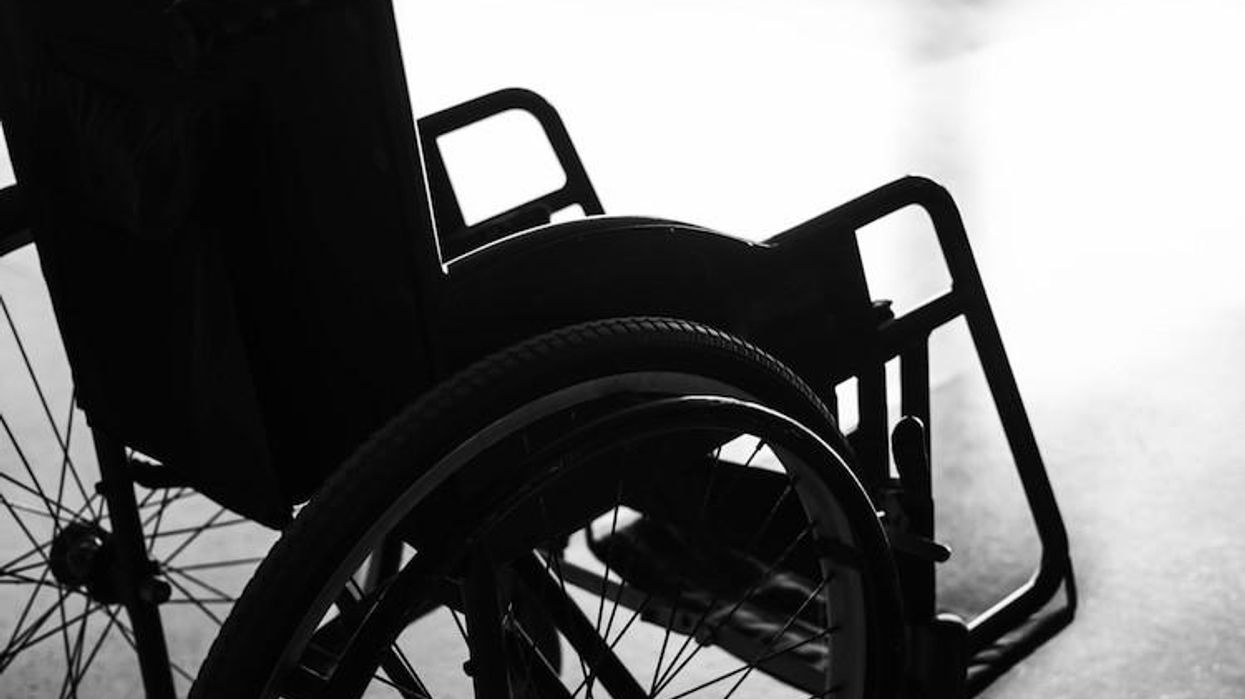
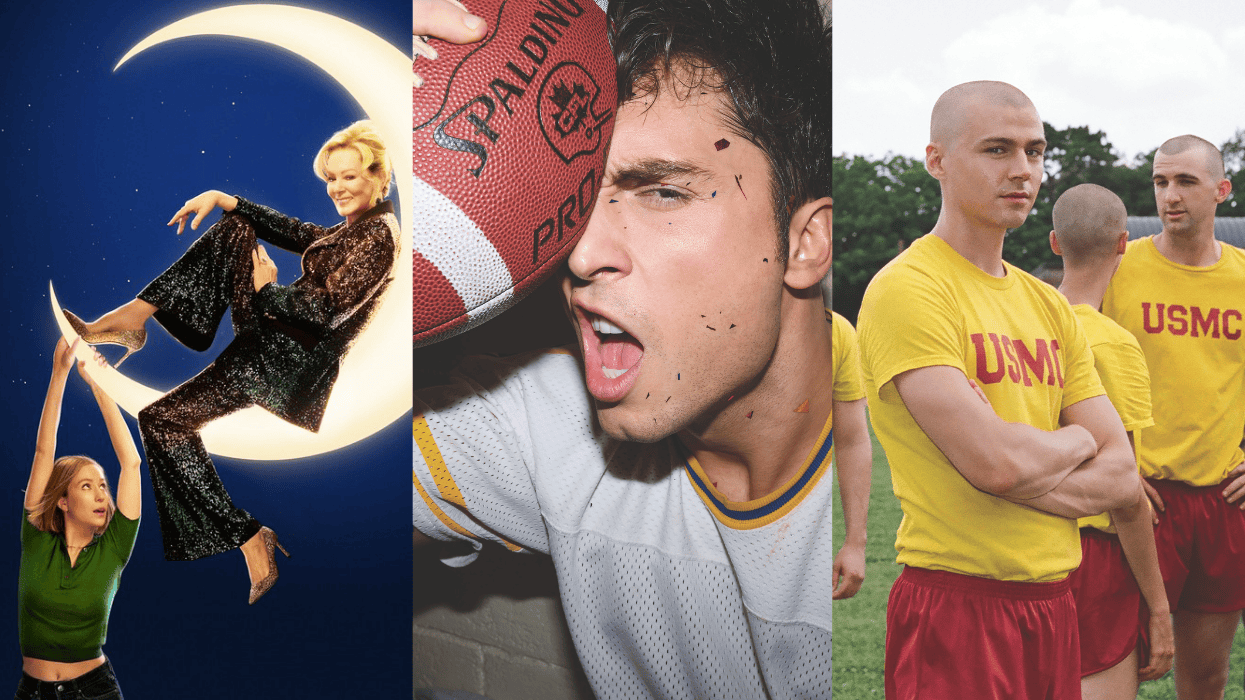

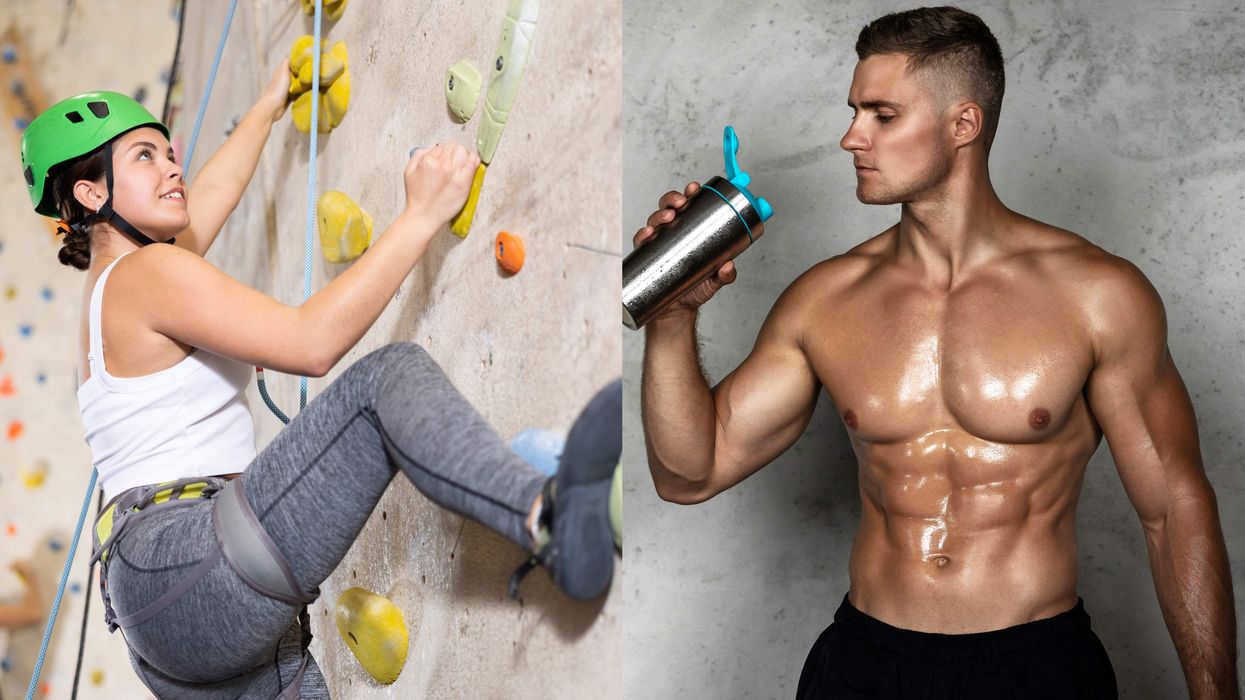


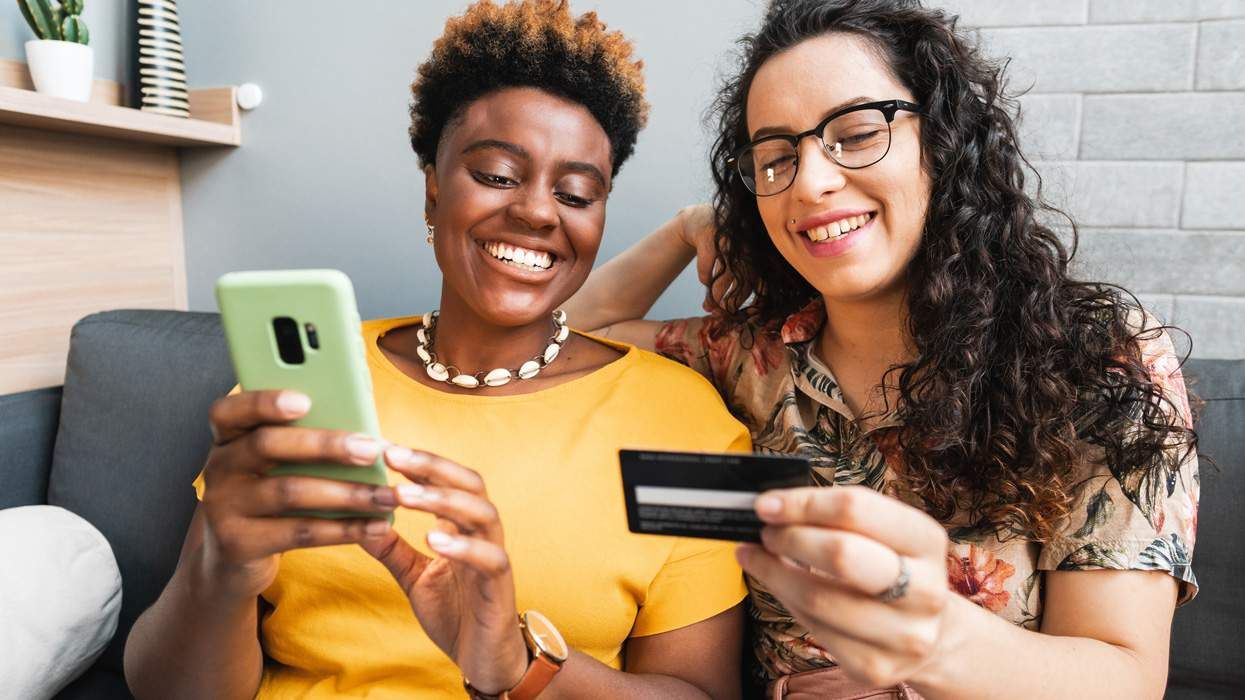


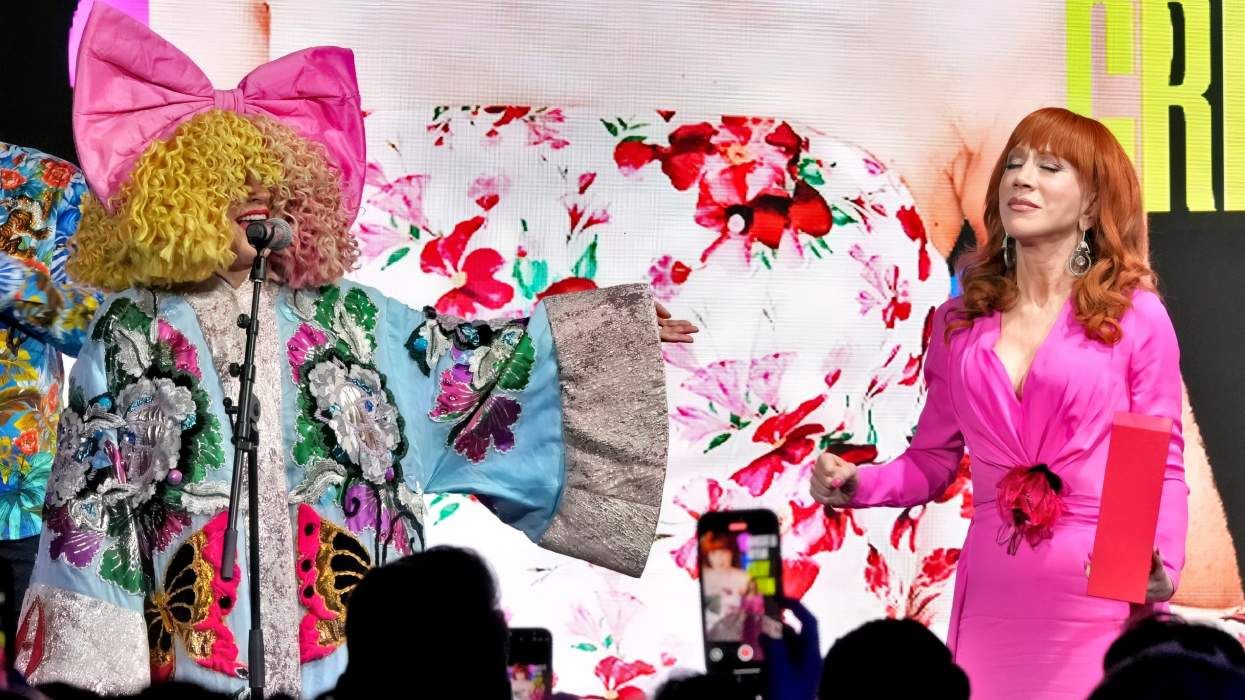
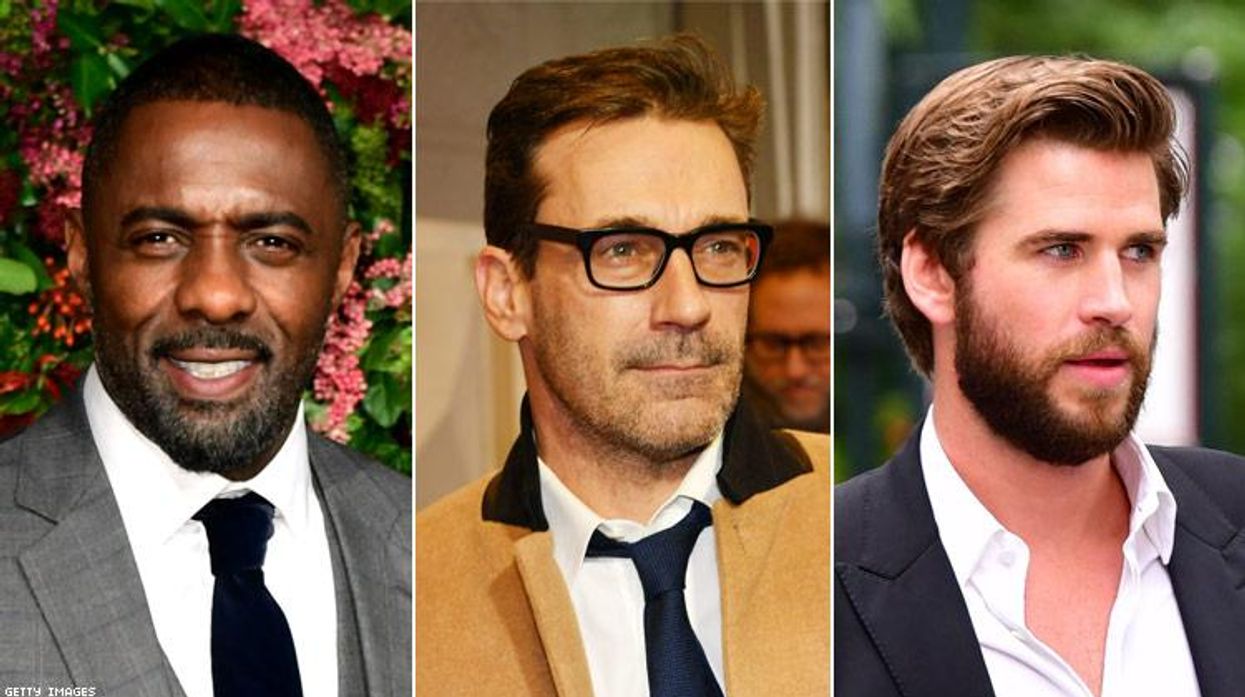

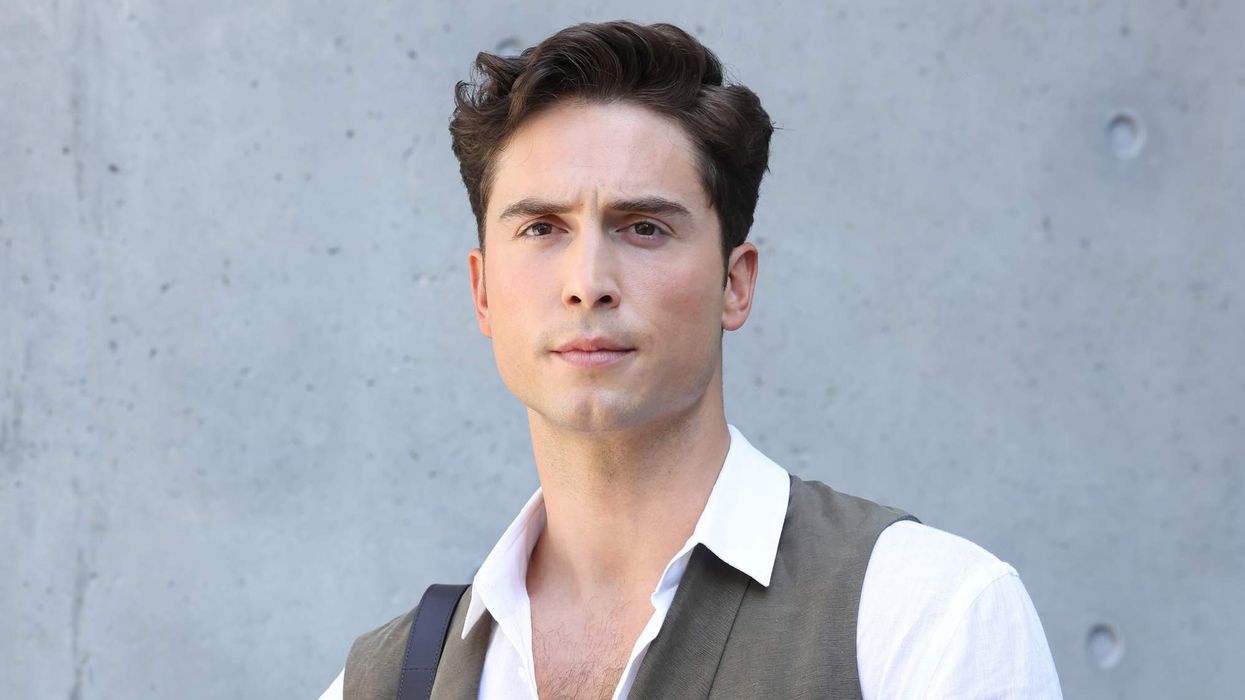
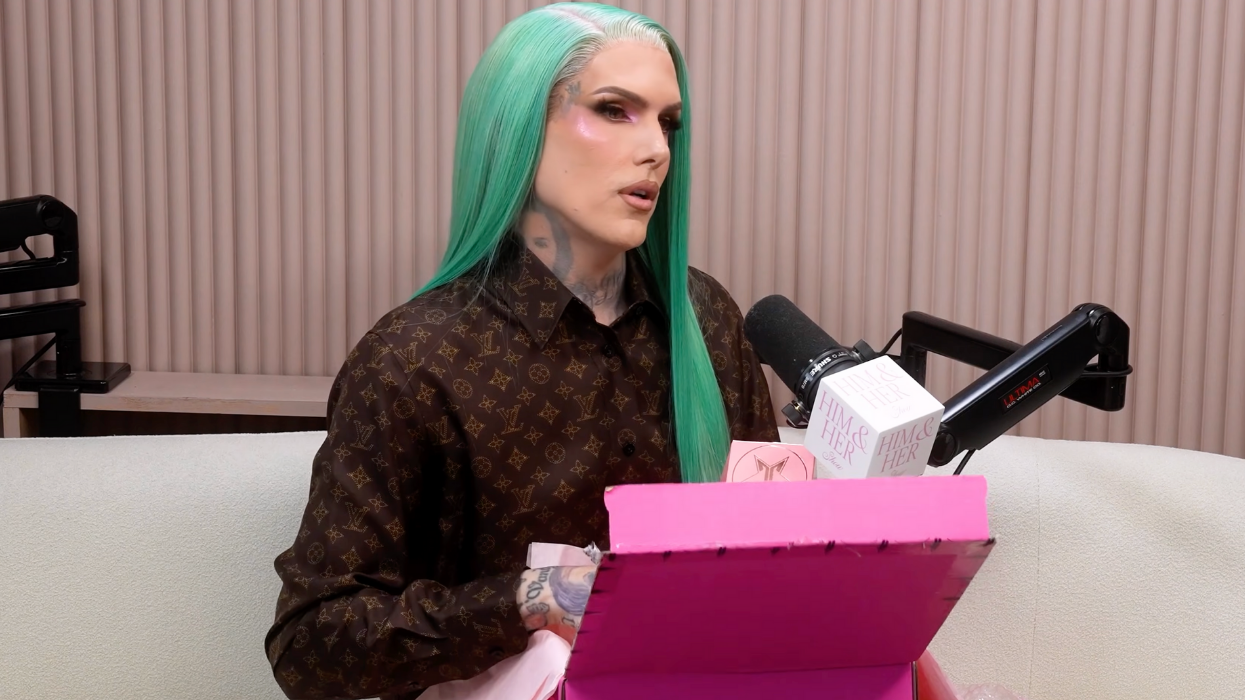



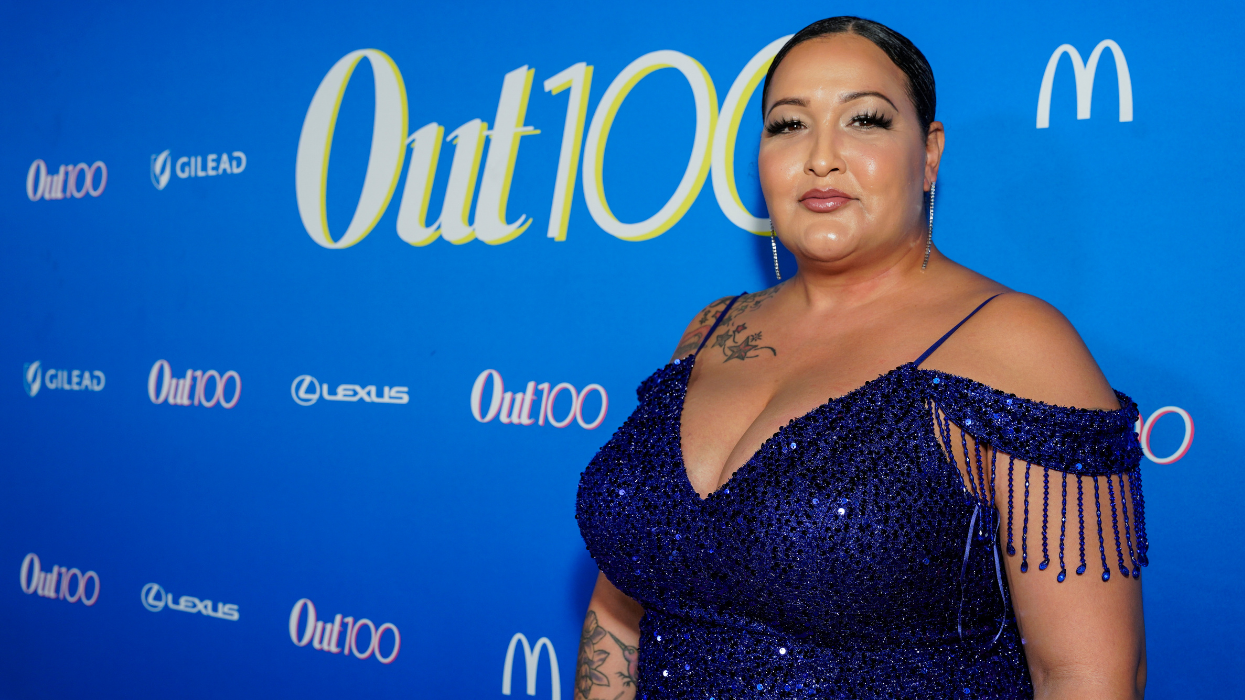
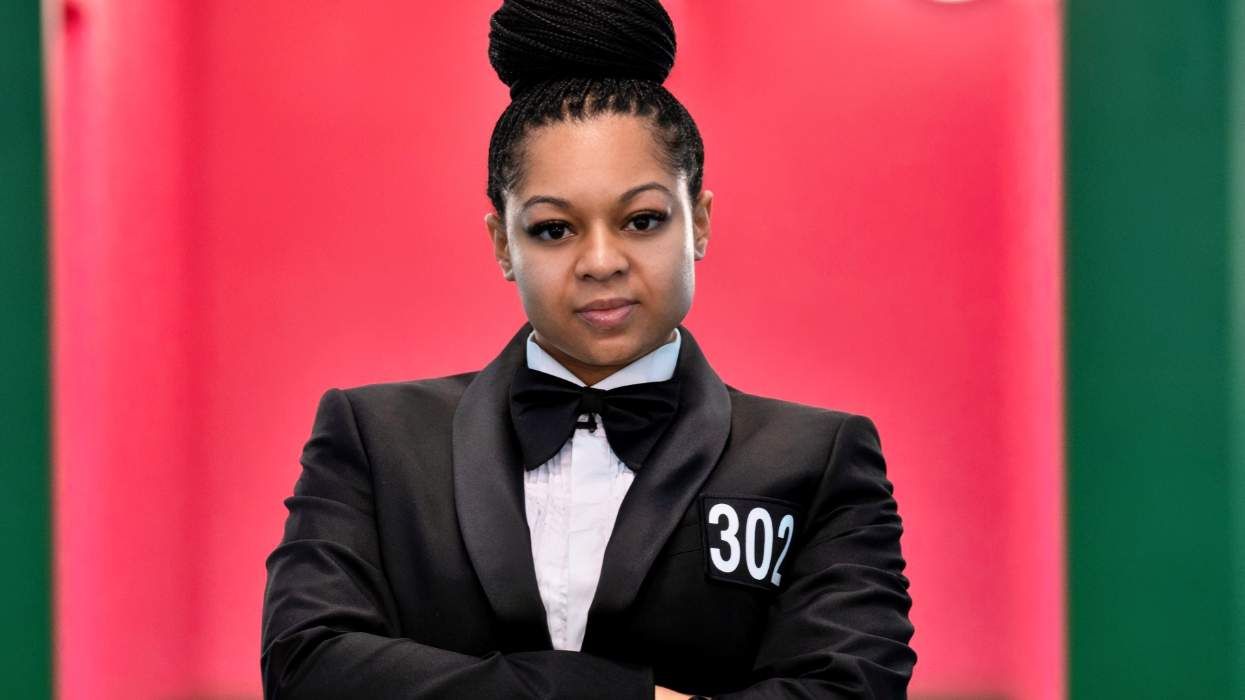

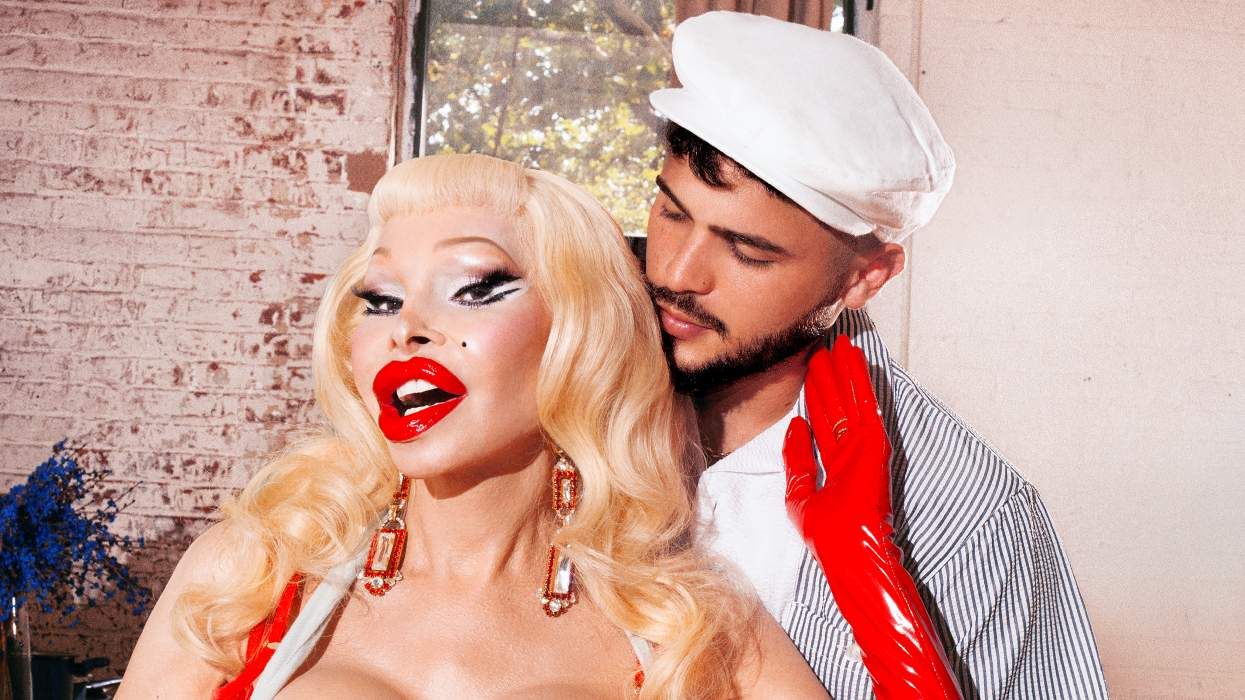

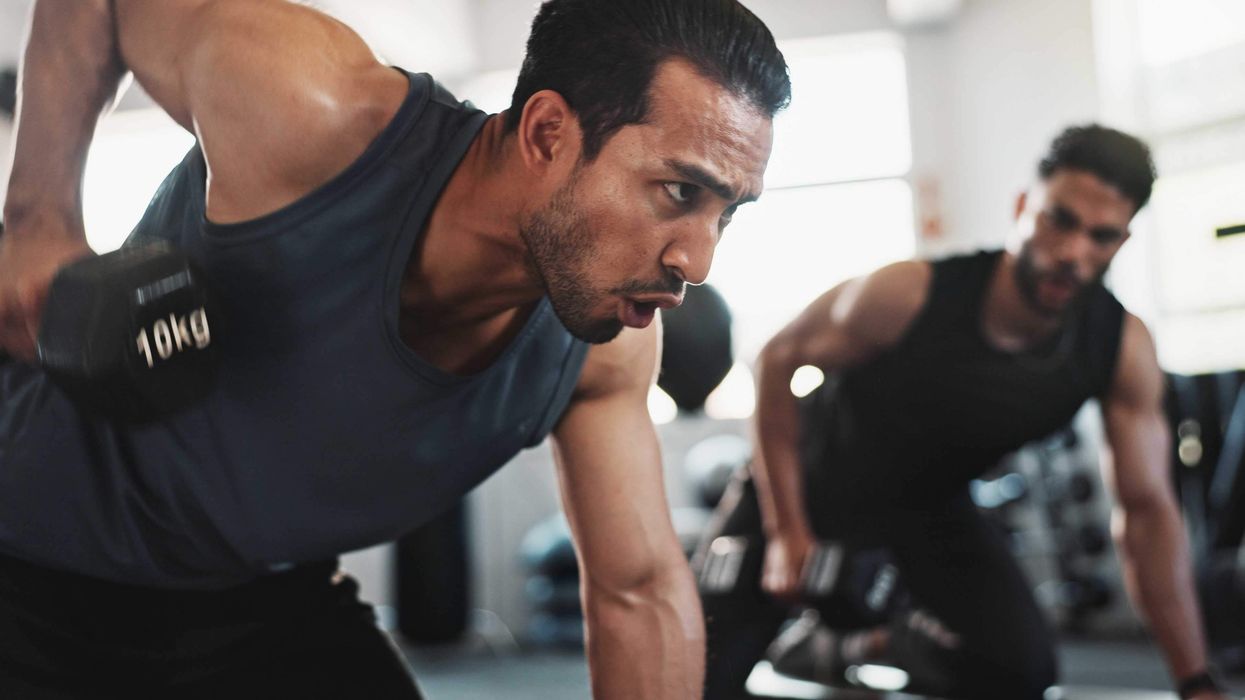
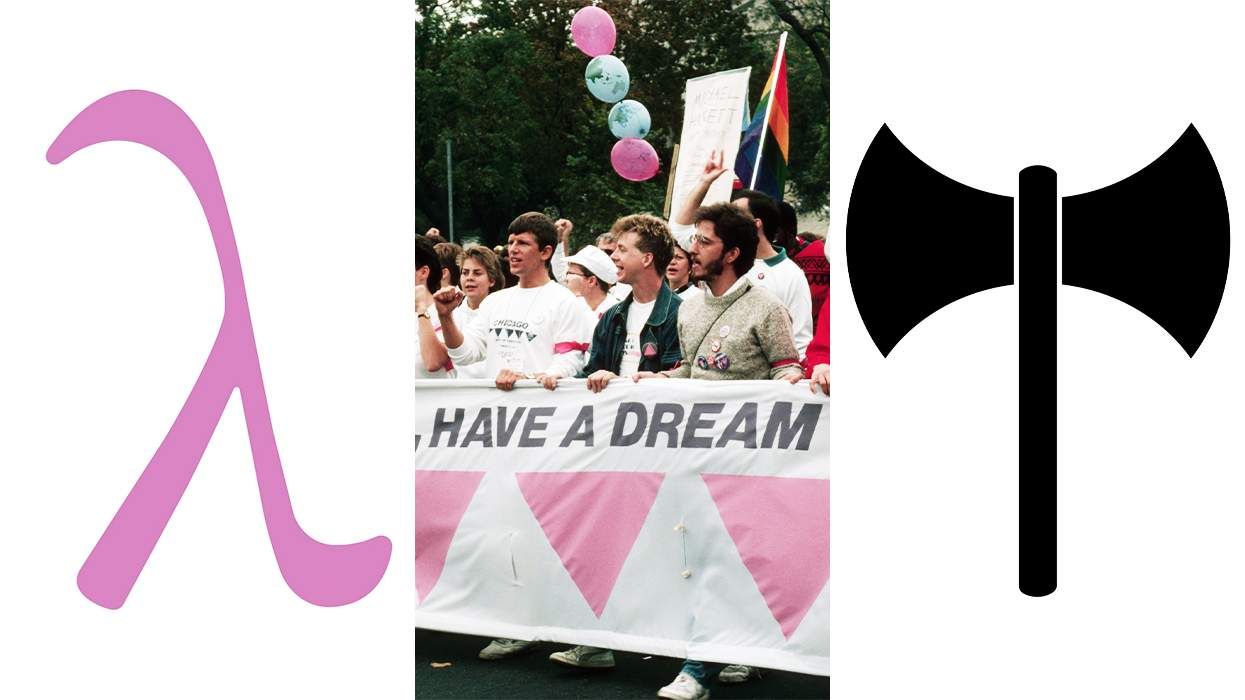
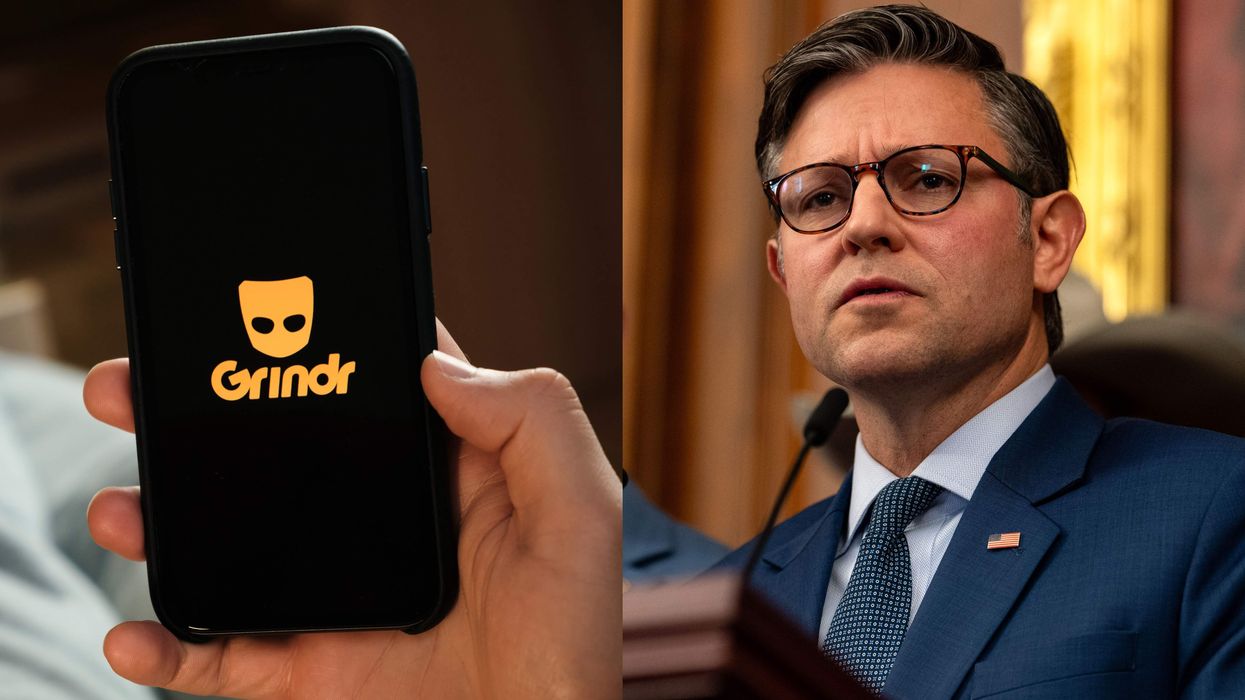
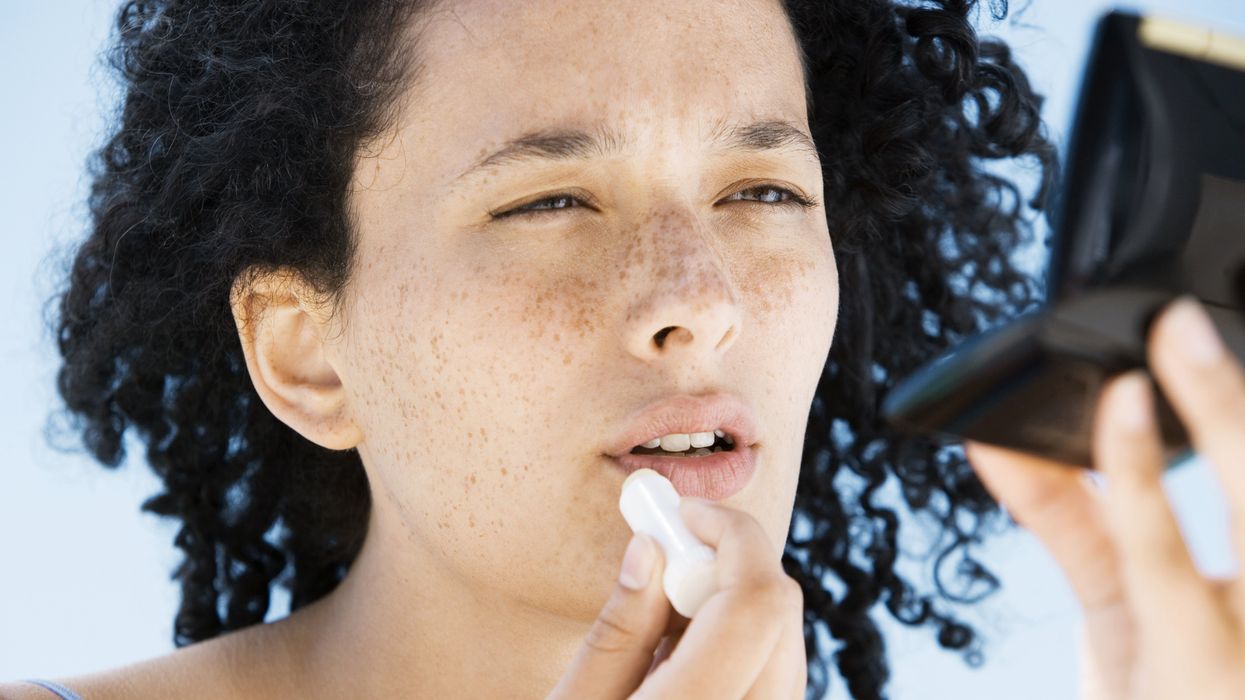
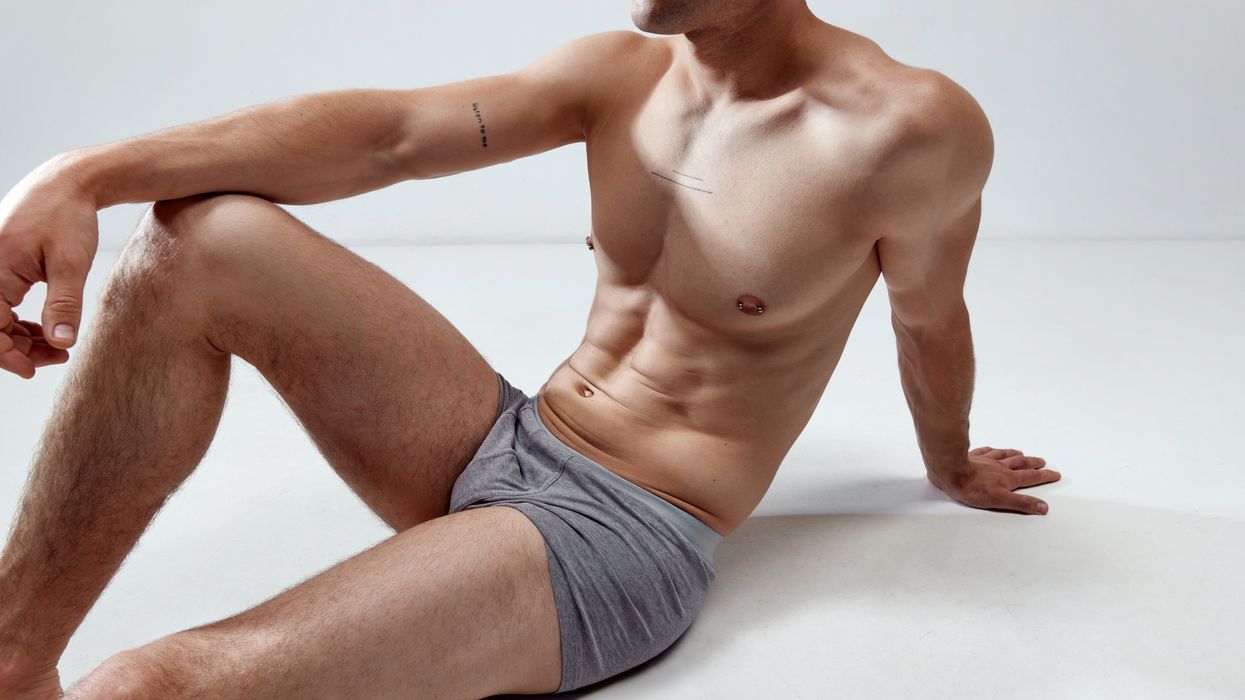
Years before Stonewall, a cafeteria riot became a breakthrough for trans rights
All about the Compton's Cafeteria riot, when drag queens and trans women rose up against police at a diner in San Francisco.